Perinatal vs. Postpartum Depression: What’s the Difference?
Pregnancy and postpartum life can present emotional challenges that feel overwhelming. With terms like "perinatal depression" and "postpartum depression" often used interchangeably, many individuals wonder if they refer to the same condition or if there are meaningful distinctions between the two.
In this article, the postpartum therapy professionals at Evolve: A Behavioral Health Center clarify the differences — or lack thereof — between these terms. We’ll also explore the importance of seeking postpartum depression counseling and support from trusted mental health therapy services.
What’s the Difference Between Perinatal and Postpartum?
Perinatal and postpartum refer to different phases of the journey to motherhood, but they often overlap when discussing mood disorders. “Perinatal” encompasses both the pregnancy and postpartum periods, while “postpartum” refers to the time following childbirth specifically.
To clarify this distinction further, let’s address three key questions:
- What is perinatal depression?
- What is postpartum depression?
- Why the shift to “perinatal depression”?
What is Perinatal Depression?
Perinatal depression refers to a mood disorder that can occur during pregnancy and up to one year after giving birth. It includes a range of symptoms, and while some of these symptoms overlap with the typical challenges of pregnancy and postpartum life, their intensity and duration set perinatal depression apart.
For a detailed exploration of perinatal depression symptoms, read
our guide to recognizing the signs of perinatal depression. Early intervention through postpartum therapy can empower you to reclaim your emotional well-being by preventing these feelings from escalating.
What is Postpartum Depression?
Postpartum depression (PPD) traditionally referred to mood disorders that emerge after childbirth. However, this term has become outdated.
Mental health experts now use “perinatal depression” to encompass the broader time frame, including pregnancy and postpartum periods. While PPD remains a familiar term, recognizing it as part of perinatal depression highlights that emotional challenges can arise before delivery, not just after.
Why the Shift to “Perinatal Depression”?
The shift from postpartum depression to perinatal depression acknowledges that many individuals experience mood disorders during pregnancy as well as after childbirth. By adopting this inclusive terminology, mental health professionals provide a more accurate and supportive framework for identifying and treating postpartum mood disorders.
This shift emphasizes the need for comprehensive
postpartum depression counseling to address concerns at any stage. Seeking help from a postpartum depression therapist during the perinatal period ensures you receive timely support, whether symptoms arise during pregnancy or after delivery. Addressing these challenges early fosters better outcomes for both you and your child.
The Importance of Seeking Help for Perinatal and Postpartum Depression
- Early Intervention Improves Outcomes
- Support Enhances Parent-Child Bonding
- Addressing Symptoms Protects Long-Term Health
Early Intervention Improves Outcomes
Ignoring symptoms of perinatal or postpartum mood disorders can prolong your emotional distress and hinder your recovery. Engaging with
mental health counseling services provides tools to manage emotions, build resilience, and navigate the challenges of motherhood with greater confidence.
Support Enhances Parent-Child Bonding
Unaddressed depression may interfere with bonding between you and your child. Postpartum therapy strengthens this connection by offering strategies to foster a healthy, supportive environment for your family.
Addressing Symptoms Protects Long-Term Health
Chronic mood disorders impact your physical health and relationships. Mental health therapy services equip you with coping mechanisms that reduce stress, improve communication, and enhance overall well-being.
How Does Postpartum Therapy Support Your Wellness?
Postpartum therapy offers specialized support for individuals experiencing perinatal depression. These services focus on understanding your unique needs, identifying emotional triggers, and building effective coping strategies.
Whether you’re struggling with anxiety, sadness, or intrusive thoughts, compassionate therapists provide the guidance and tools you need to heal. Through postpartum depression counseling, many individuals discover greater emotional stability, improved relationships, and renewed confidence in their ability to thrive as a parent.
Find Relief from Perinatal and Postpartum Mood Disorders
Perinatal depression and postpartum mood disorders are treatable conditions that require attention and care. Seeking help from experienced mental health therapy services ensures you have the support you need to navigate this transformative period with strength and hope.
If you’re experiencing symptoms of perinatal depression,
contact our postpartum depression therapists to begin your journey toward recovery and wellness.






